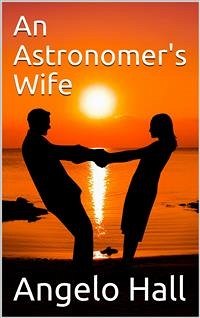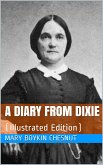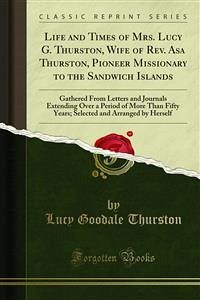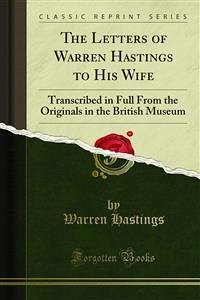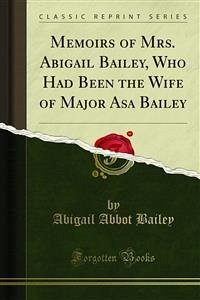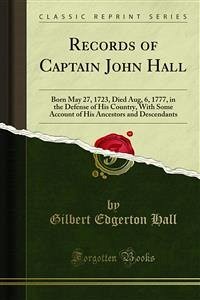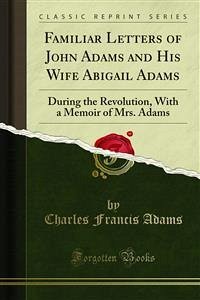The book is a biography of Chloe Angeline Stickney Hall, born in 1830, who was the wife of Asaph Hall. Asaph Hall is best known for discovering the moons of Mars in 1877. Angeline Hall was well educated for her time, going to school at New York Central College and receiving a A.B. degree in 1855. As described in the book New York Central College "...was a stronghold of reform in general and abolition in particular..." and " Anybody white or black, man or woman, could study there." The book goes over her early life leading up to college and then midway introduces Asaph Hall and tells how he and Angeline met at New York Central College and eventually married. The rest of the book is devoted to describing her life with Asaph and how she raised her four children: Asaph Jr., Sam, Angelo, Percival, and Henry. The family joke was that the initials of the children spelled out the family name. She died in 1892. The book is based on family letters and manuscripts and incorporates a lot of this material into the text. I found the description of life in Washington, D.C., during the civil war the most interesting part. The book points out how Angeline helped her husband secure his job at the Naval Observatory with a letter to his superiors and how she supported him while he searched for the moons of mars. The book was written as a family history so it is not scholarly, but it does give an interesting look at the family life in 19th century america when woman's rights were a novelty and discusses some of the conflicts facing a woman who had "advanced" ideas and had to work her way through school and in later years made raising her children and supporting her husband her main activity. All four sons went to Harvard and Angelo credits his mother and her sometimes stern upbringing. She wrote poetry and essays throughout her life though Asaph discouraged his wife from such pursuits. Reading between the lines there are hints of conflict between Asaph and Angeline over issues as women's rights and her writing. Angelo himself disparages some of her poetry, but in general praises her dedication to writing. I am not a fan of Victorian era poetry but her verse seems passable for the standards of the day. She became interested in the connection between science and religion in her later years and wrote essays on this. I recommend the book for those interested in 19th century women's issues and those interested in the family life of Asaph Hall. There is little on the scientific work of Asaph Hall and Angelo apparently omitted letters he considered too personal between Asaph and Angeline from the text. As an aside, Asaph Hall Jr. became an astronomer at the Naval Observatory as well and I remember finding a 1858 copy of Gauss' _Theoria Motus Corporum Coelestium_ in the Old Dominion University stacks with his name inscribed in it. Asaph Hall Sr. was an expert in celestial mechanics and I always wondered if that book had been passed from father to son before ending up in the library.
Bitte wählen Sie Ihr Anliegen aus.
Rechnungen
Retourenschein anfordern
Bestellstatus
Storno

